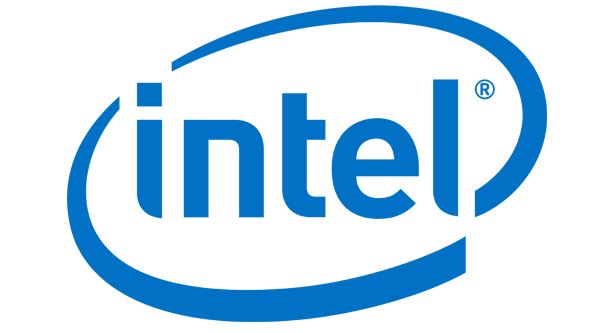- Research
- Research Memberships
- Smart Home
- Visibility Memberships
- Consumer Electronics and Entertainment
- Consulting
- Broadband and Mobility
- Primary Research
- Connected Health and Wellness
- MDU / Multifamily
- SMB
- Events
- Event
- Company
- About Parks Associates
- Consumer Electronics and Entertainment
- Consumer Electronics Devices
- Video Services: OTT, Pay TV
- Entertainment Content: Video, Audio, Gaming
-
Research
Smart Home
Smart Home Devices, Automation, Controls
Residential Security
Energy Management
Consumer Electronics and Entertainment
Consumer Electronics Devices
Video Services: OTT, Pay TV
Entertainment Content: Video, Audio, Gaming
Broadband and Mobility
Mobility
Wi-Fi and Home Networking
Support Services
Connected Health and Wellness
Wellness and Fitness
Independent Living
Telehealth
- Events
- White Papers
- Newsroom
- Company
- Consulting
- Contact Us

 One of the hurdles to smart home adoption has been the complexity. What happens now is someone orders a bunch of devices or buys some things in a big box store, and they plug them all in at home, and then something goes wrong. Their Wi-Fi isn’t efficient enough to support all the devices across the house, or the devices don’t all work together, or the homeowners can’t figure out how to set the network up, and, ultimately, they aren’t blown away by the potential of the smart home.
One of the hurdles to smart home adoption has been the complexity. What happens now is someone orders a bunch of devices or buys some things in a big box store, and they plug them all in at home, and then something goes wrong. Their Wi-Fi isn’t efficient enough to support all the devices across the house, or the devices don’t all work together, or the homeowners can’t figure out how to set the network up, and, ultimately, they aren’t blown away by the potential of the smart home.